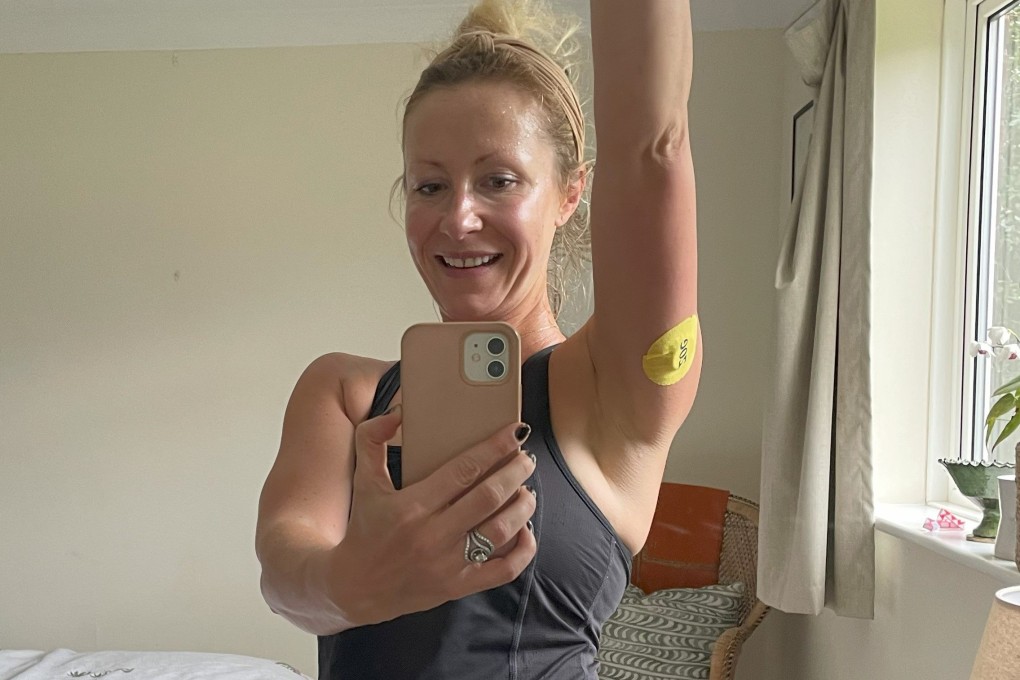The Zoe test – how can it help make you a biohacker? We try nutrition testing kit that checks blood sugar and microbiome
- Zoe is designed to show you how your body responds to foods. The nutrition testing kit has tools for checking your blood sugar and the health of your microbiome
- We take the tests, try the app that interprets the results to suggest changes to your diet and eating habits, and ponder whether Zoe lives up to the hype

Without quantifiable data about your body and the way it metabolises certain foods, making changes to your lifestyle to counteract ageing – or so-called “biohacking” – may be a shot in the dark.
This was partly my reason for doing the Zoe test. I kept seeing people with yellow stickers on the backs of their arms, learned about Zoe, and wanted to gain insight into how my body really responds to foods.
Tim Spector, a British medical doctor and professor of genetic epidemiology at King’s College London, launched Zoe in 2018. It is a personalised nutrition testing kit with tools for assessing microbiome health, which includes a continuous glucose monitor (CGM) – held in place by a yellow sticker.
Zoe has attracted about 130,000 subscribers and has 597,000 followers on social media platform Instagram.
The aim is to gain insights that allow you to stabilise your blood sugar and fat levels and boost your gut bacteria, which Zoe says is the key to achieving a healthy weight and improving long-term health.
